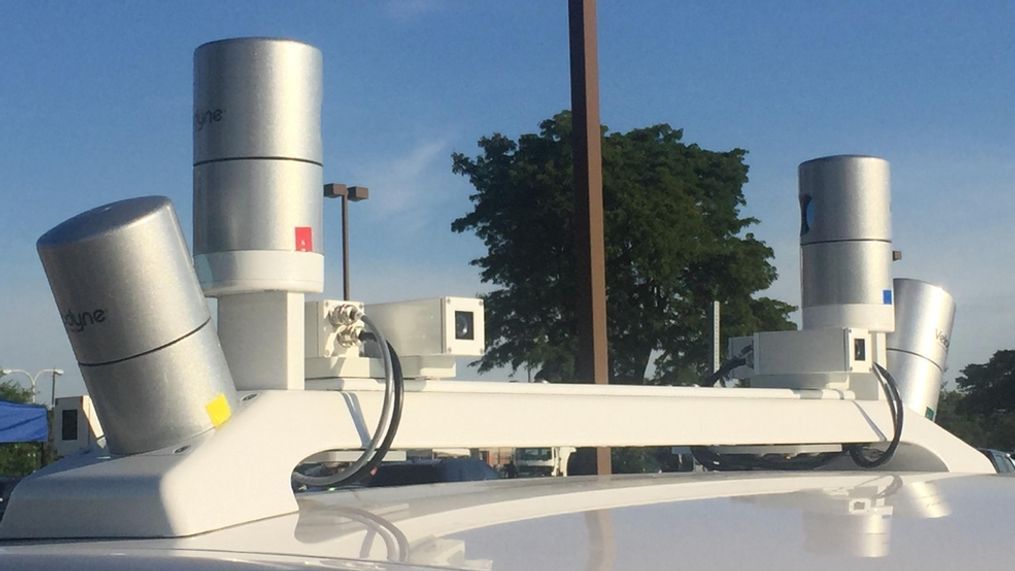California DMV reveals more hurdles ahead for self-driving cars

The California Department of Motor Vehicles explained on Monday one of the reasons why self-driving cars aren't buzzing around the Golden State's roads: Human drivers still have to take over too often.
In response to a request from the DMV, eight companies intent on putting driverless cars on California's roads submitted annual "disengagement reports" that detail when humans were forced to take charge, reported The Mercury-News.
MORE: Nissan's self-driving car tech explained
The reports reveal just why the DMV hasn't granted autonomous car permits to the more than 50 applicants.
Google’s Waymo division reported the lowest disengagement rate among the eight reports, with a total of 63 disengagements over 352,545 miles. In its follow-up report, Waymo reported that one of its cars did not see a “no right turn on red signal” among other hardware and software issues.
At the opposite end of the spectrum, GM's Cruise Automation reported a much longer list of issues indicating the sensors in its cars had trouble detecting vehicles in opposite lanes, as well as processing data into conclusions about the movement of other cars. Additional issues reported by Cruise included its cars not breaking hard enough to stop at a stop sign, failing to yield to another vehicle entering a lane, taking a right turn too wide and even getting confused by construction cones.
DON'T MISS: Self-driving Uber car in Arizona hits, kills bicyclist
Aptiv, the arm of global automotive supplier Delphi, reported problems with handling human behavior that was unexpected and often illegal, loss of GPS signal and that one of its cars “encountered difficulty identifying a particular traffic light.”
China’s Baidu reported issues with “misclassified” traffic lights, failure to yield and delays in recognizing both pedestrians and vehicles that had cut in front of its test cars.
The issues could push back deployment programs for self-driving cars. For instance, Waymo plans to launch a ride-hailing service later this year initially in Arizona and GM is targeting 2019 for a similar system.
At least in California, those deadlines may present a big challenge.
Read more from Internet Brands Automotive
